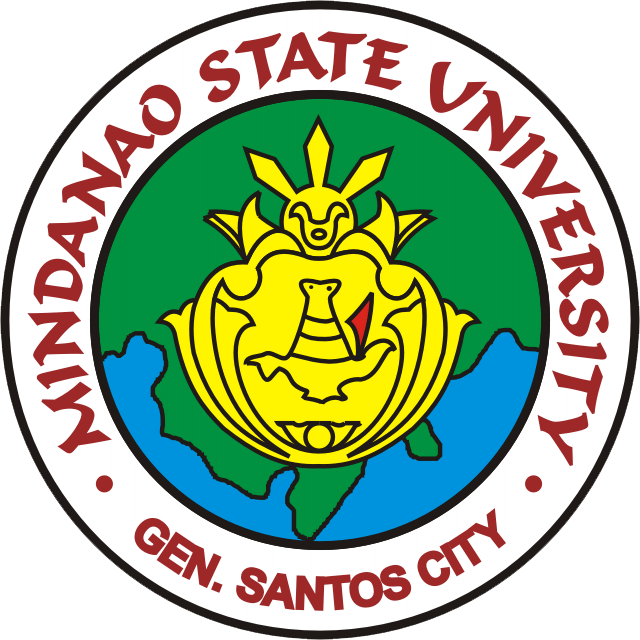Chemical composition of three Jatropha curcas provenances from Asian and Mexican origins (1.Tubao-Philbio, 2. India D1 and 3.Mexican PhilBio) were conducted using standard methods. Proximate analysis revealed that the samples can be good sources of important lipids because of high values of crude fat (35-37%) which was done using the Soxhlet method for fat extraction and also carbohydrates (19-21%) determined by difference method with 15-7-16.67% crude protein using the Kjeltech System. The high percentage of values make these seeds a distinct prospective for the oil industry. Low values of moisture content (5.69 -6.60%) was determined using the LJ16 Toledo Moisture Analyzer, determination of percent ash was done using the oven method which concluded that it contains 4.4-4.92% and crude fiber (12.92-13.88%) was established using the manual filtration method. Free fatty Acid was carried out using Titrimetric Method. Extraction of oil was done using the Soxhlet Method. Tubao-Philbio contains 0.16% India D1 has 0.19% and Mexican-Philbio with 1.03%. Seed kernels of Jatropha curcas from three different provenances exhibited good chemical composition and could be useful as biodiesel feedstock and in any other industrial application.
Author
Manuel B. Sales Iv and Novielyn C. Tabasa
Abstract
SY
2012
Program
Bachelor of Science in Biology
Department
Department: Science
College
College: Natural Sciences and Mathematics
